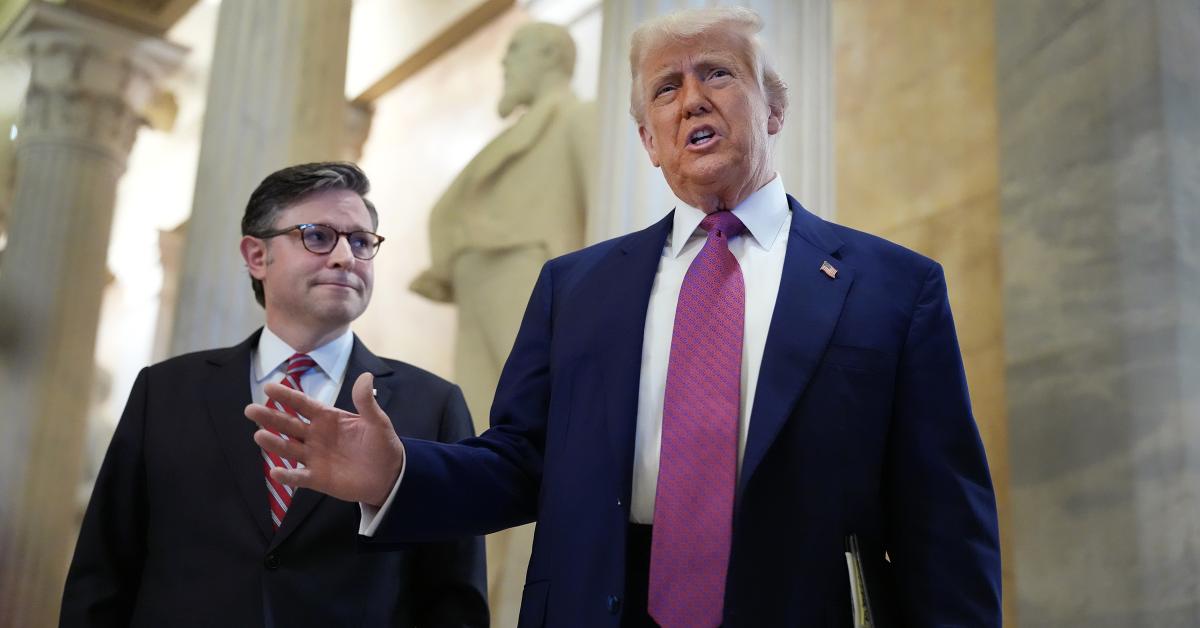There’s a brand new national vehicle registration tax hiding in President Trump’s “One Big Beautiful Bill Act.” This legislation introduces a federal tax targeting energy-efficient vehicles, which will increase annually due to inflation. Initially, electric vehicles will face a $250 fee, while hybrid vehicles will have a $150 fee, although a proposed $20 charge for other vehicles was removed before the House voted on it.
The only Republicans who opposed the bill were Representatives Thomas Massie from Kentucky and Warren Davidson from Ohio. Unsurprisingly, all House Democrats voted against it as well. Now, the Senate is tasked with reviewing this legislation.
The bill specifies that the Federal Highway Administration will oversee the imposition of these fees each year. According to the bill, state motor vehicle departments are required to integrate the fee collection into their registration and renewal processes. There is a provision allowing states to find alternative ways to comply, provided they get approval from the Administrator.
Includes FREE shipping in the USA.
https://GetZStack.Com
States are not left out of the deal, as they will be allowed to keep 1% of the total fees collected. The fees will also be adjusted annually for inflation, based on the Consumer Price Index for All Urban Consumers. This adjustment aims to ensure the fees remain relevant over time.
Alex Muresianu from the Tax Foundation mentioned that these fees would benefit the Highway Trust Fund, which faces potential insolvency by 2028. The Highway Trust Fund was established in 1956 to offer stable federal funding for the interstate highway system. Muresianu pointed out that the Fund is underfunded because electric vehicles don’t contribute to the gas tax.
However, Muresianu criticized the fees as “poorly targeted” since they are flat, not accounting for the miles driven by vehicle owners. This approach may overcharge electric or hybrid vehicle owners who don’t drive much. He suggested that other vehicles, like conventional cars and heavy commercial traffic, also fall short of covering their maintenance costs.
In addition to the new registration fees, the GOP has removed the $7,500 tax credit for buying electric vehicles and plug-in hybrids made in the U.S. Rep. Riley Moore, a Republican from West Virginia, described the new fees as a fair way to ensure green vehicles contribute to the Highway Trust Fund. Currently, electric vehicle owners avoid paying the gas tax, which funds public highways and transport programs.
Moore emphasized that the goal isn’t to create controversy but to ensure fairness. Electric and hybrid vehicles, by not using gas or using very little, aren’t contributing their share. He also noted that these vehicles are often heavier, causing more wear on roads.
Democratic Rep. Seth Magaziner from Rhode Island expressed understanding of the need for new fees but criticized the removal of tax credits. He acknowledged the unsustainability of relying solely on gas tax for infrastructure with more EVs on the road. However, he worried that without tax credits, American EV industry growth might lag behind countries like China.
Magaziner argued that the choice to buy electric vehicles should remain viable for consumers. He stressed the importance of maintaining a robust EV industry in the U.S. to avoid falling behind in the global market. The debate over these vehicle fees and the future of electric vehicle incentives continues as the bill moves forward.




